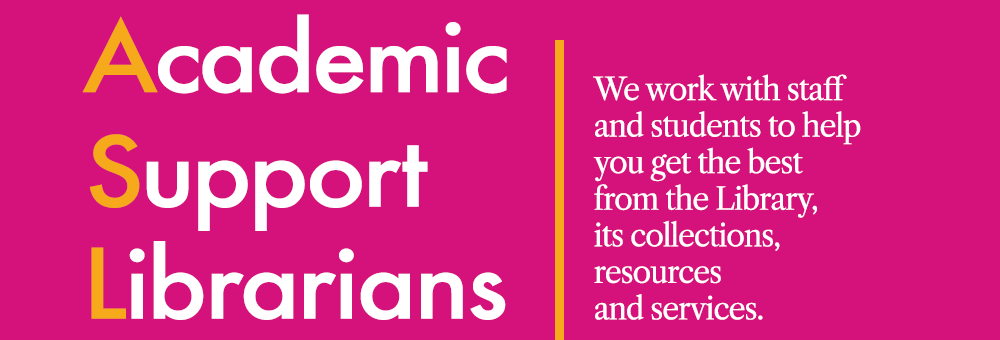
As well as bringing you news and updates from the library, we like to use this blog to report on some of the Continued Professional Development activities we get up to as Academic Librarians. This week several members of our team attended a webinar presented by the Journal of Information Literacy on the topic of Writing about Information Literacy, and we found it to be both useful and inspiring so we thought we’d share some of our key findings.
The session opened with a brief introduction to JIL, who they are and what they do. JIL is the professional journal of the CILIP Information Literacy Group, and if you’ve not encountered them before then they are a well respected publication in UK information literacy:
Founded in 2007, the Journal of Information Literacy (JIL) is an international peer-reviewed journal and is aimed at librarians, information professionals and academics who teach and/or research aspects of information literacy. The journal includes articles from established and new authors that investigate many different areas of information literacy, including school, academic and national libraries, health care settings, and the public sector such as the workplace and government.
A few of our team had previously attended sessions run by Editor-In-Chief Dr Alison Hicks and Managing Editor Dr Meg Westbury at the LILAC conference, so we knew we were in for an hour of useful tips, tricks and key information for submitting to this (but also any) journal.
The presenters addressed different types of submission they might accept in JIL, including Research Articles, Project Reports and Book or Conference Reviews, and briefly described the requirements for each. They looked at the submission process (and why it might feel that it takes so long!) and also suggested how to respond to feedback in a useful and concise way. There were lots of tips about how to stay focused, and a book recommendation for those of us who are worried about the best writing environment:
Sword, H. (2017) Air & light & time & space : how successful academics write / Helen Sword. Cambridge, Massachusetts: Harvard University Press.
You can find this book at the Main Library, details via DiscoverEd.
Meg also suggested writing Tiny Texts as a way to get started, which you can read more about on the slides which they presented as part of the ‘Getting Your Writing Groove Back’ session from the 2022 LILAC conference.
Overall those of us in the virtual room felt it was a really valuable hour which made academic writing seem accessible and useful to us as library practitioners. Unlike our colleagues in the States, publishing academic work is not a requirement for our jobs here. However we do engage in professional development activities to ensure we’re well informed about new developments particularly across the academic library sector, and reading and contributing to journals is just one of the ways we can do that. While it can seem difficult to make time to write and publish alongside our day jobs, the team at JIL seem to be more than willing to help develop fledgling writers and would be a great port of call for anyone looking to get started in writing about the Information Literacy initiatives in their institution. This session was presented in collaboration with the Information Literacy Group’s New Professionals team, though we would probably say it was useful for anyone considering writing up their work for publication – we certainly found it useful as not-so-new professionals!
If you’re interested in reading and writing more journal articles about library work, why not consider joining the Library Journal Club? We welcome members from any area of Library Services who have an interest in reading and critically discussing publications about libraries. We meet regularly both in person and on Teams, and have a trip to the Library of Mistakes planned for December! You can find us on Teams here.



